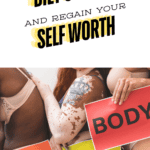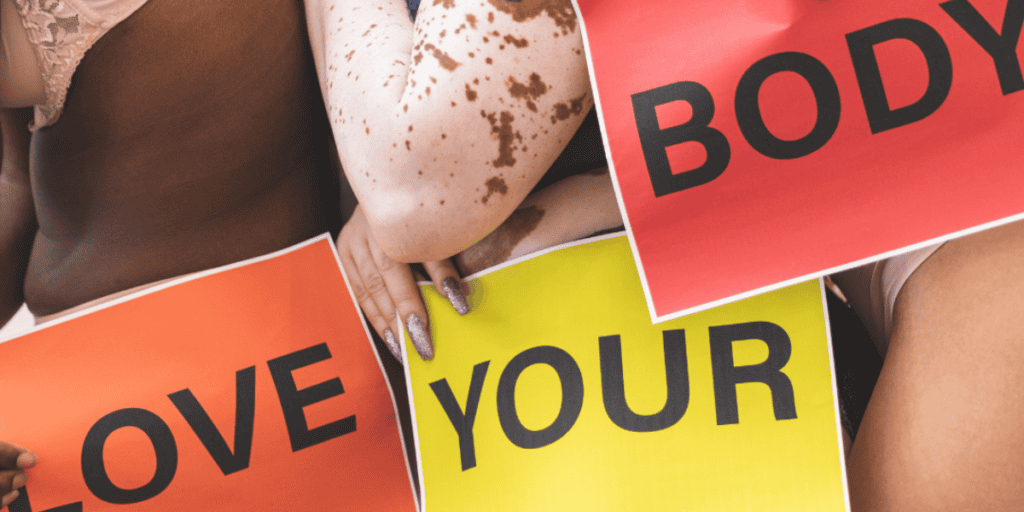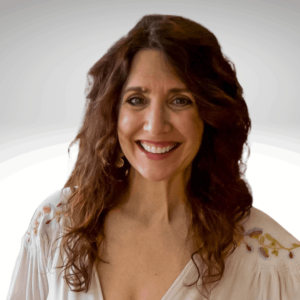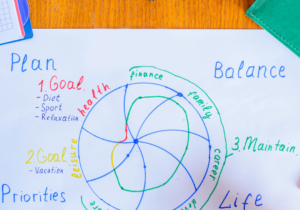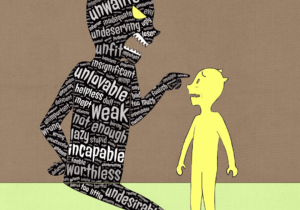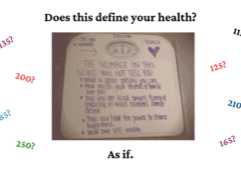Reject Diet Culture For Good And Reclaim Your Self-Worth
The words diet and dieting have been part of our everyday vocabulary since the mid-1800s. Now more than ever, these words have a profound impact on our lives and self worth. As we emerge from our Pandemic Cocoons, aware of how our bodies may have changed, we are bombarded with advertising to “lose the Covid 15” and shred any weight gained after lapsing from the last diet.
What’s the problem with Diet Culture?
The diet industry greets us with judgment, fear, and anxiety, making us feel that our self-worth connects directly to the weight of our bodies rather than who we are in our hearts and minds. We learn to judge ourselves and others by metrics of BMI and weight, and to live in fear of weight gain. This is a tiny snippet of the damage caused by “diet culture.”
Many people are unaware of why diet culture is toxic and of its long-lasting adverse effects. One of the best descriptions I have discovered is by Christy Harrison, a certified Intuitive Eating Counselor and author of Anti Diet (a book I highly recommend).
“Diet culture worships thinness and equates it to health and moral virtue, which means you can spend your whole life thinking you’re irreparably broken just because you don’t look like the impossibly thin ideal.”
This powerful statement reminds me of being in high school, standing in line, sweating because we were going to be weighed. I stood there hating my body because I wasn’t pixy thin like the “popular” girls. Already at the age of 14, I felt less than everyone else, and I know now I was not alone. Unknowingly, I'd been indoctrinated into diet culture, a membership that I have finally relinquished 40 years later.
Will we ever stop obsessing about weight loss?
Diet culture promotes weight loss as a means of attaining higher status. We feel compelled by this culture to shrink our bodies at all costs. Unfortunately, the research shows that almost no one can sustain intentional weight loss for more than a few years. The statistics show that 95% of us regain the lost weight within 1 to 5 years.
How could we all be failures? The answer is simple: we are not.
The diet industry has failed us and benefits from promoting diet culture to maximize profits. According to Yahoo Finance, the U.S. weight loss market reached a record $78 billion in 2019. While the diet industry experienced a decline in 2020 due to the Covid-19 pandemic and recession, they expect a strong rebound this year. As we resume our social lives we also start stress again about the need to shrink our bodies. Instead, we should step back and ask, why does how we look determine who has more value? These norms are not only a dieting challenge, but also a social justice issue.
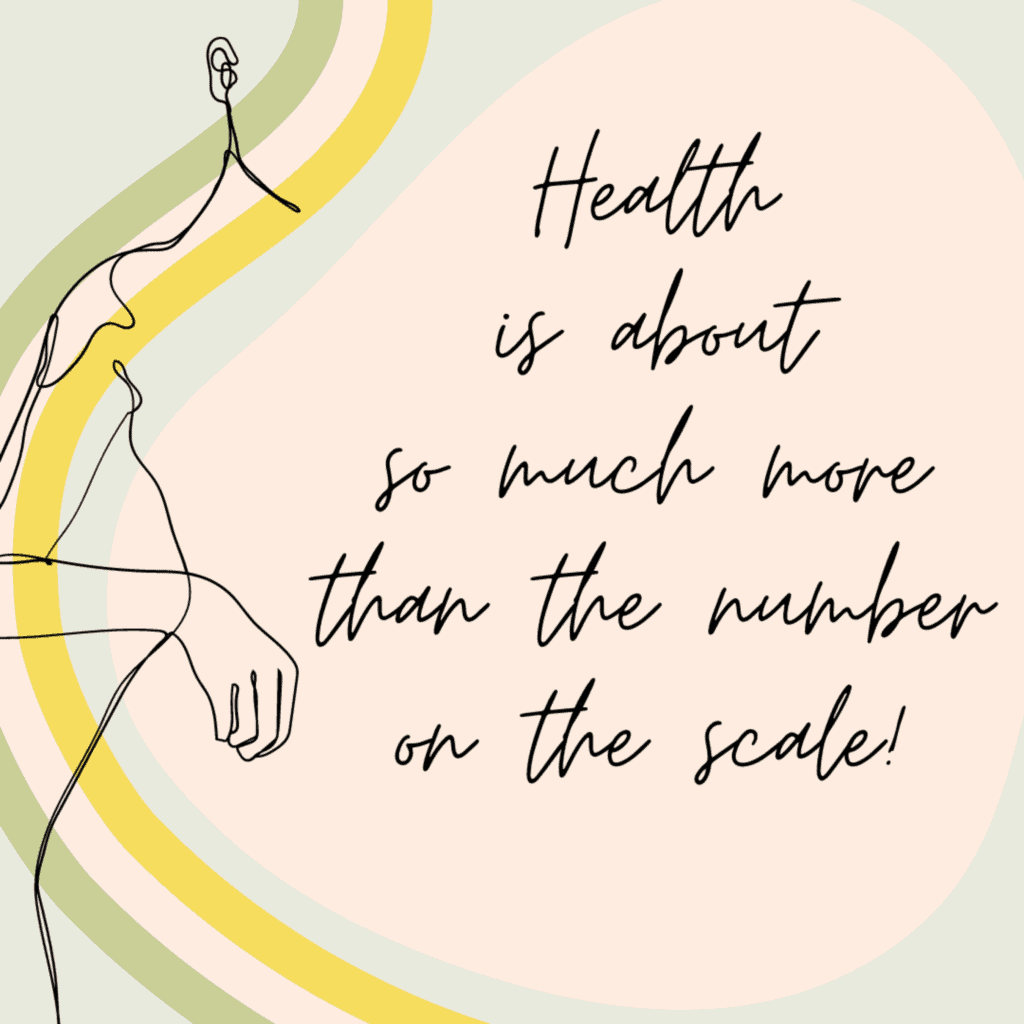
Diet culture categorizes food as “good” or “bad” as the industry manipulates us to select their products for our nutritional needs. This thinking, in turn, makes us believe we are “good” or “bad” based on which food we did or did not eat. We become hyper-vigilant about our eating, ashamed of making certain food choices, and distracted from our pleasure and purpose. How often do you eat differently when you are alone versus when you are with others? If this is you, again, you are not alone! Think back. Can you remember when your food choices became shameful?
The War Diet Culture started
We all came into this world with love and curiosity about our bodies. As young children, we ventured out into a world of diet culture, and many of us unconsciously began to be at war with our bodies. Fatphobia and sizeism (prejudice or discrimination based on a person’s weight) filled our world, oppressing those of us who do not match diet culture’s ideal image that “thin equals health.”
There is growing evidence of the adverse mental health and physical effects that sizeism has on people in larger bodies. Fat-shaming, for example, often used by friends and family and the medical community to motivate a change in behavior, causes some to delay medical care for fear of being judged. And while dieting may not be the cause of eating disorders, it is often a precursor. The National Eating Disorders Association reports that 35% of “normal dieters” progress to pathological dieting and that 20-25% of those individuals develop eating disorders.
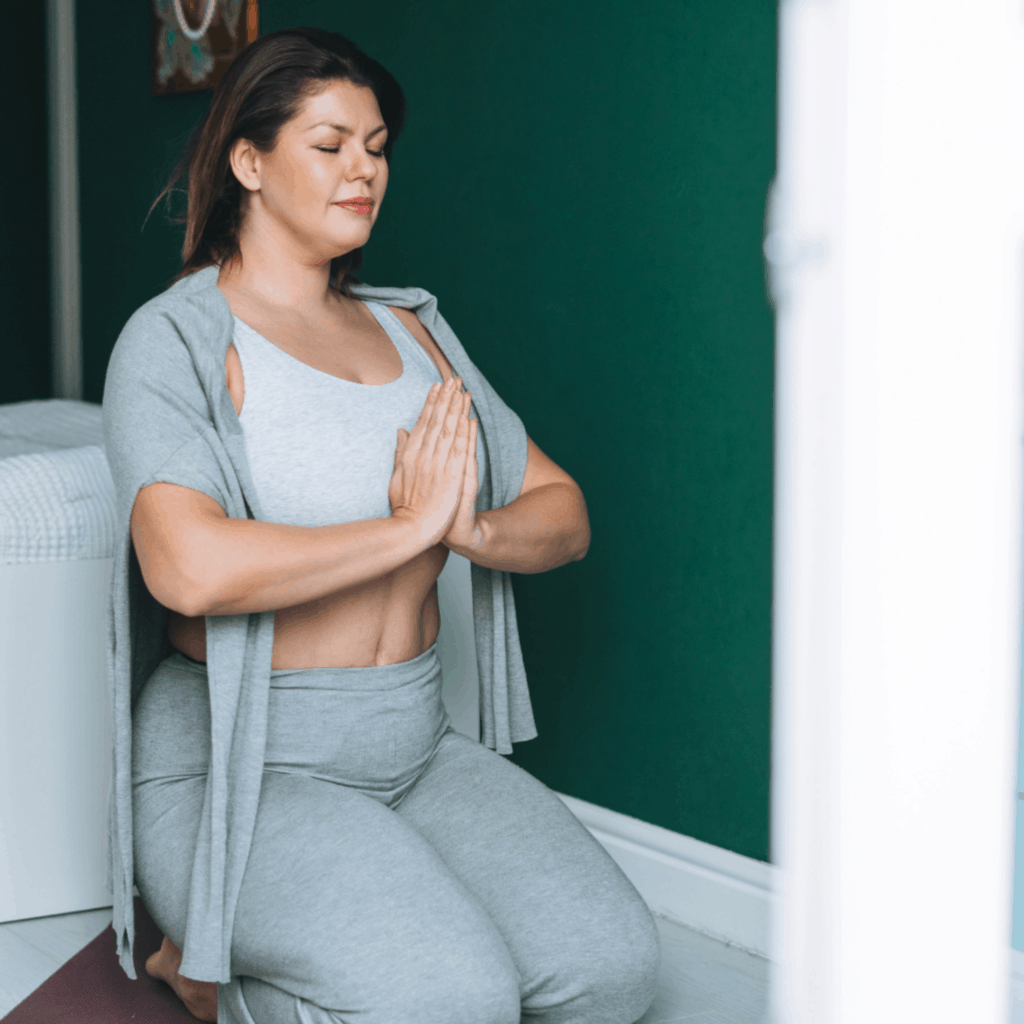
Resisting What We Have Been Told To Believe
The good news is there is a better way, a non-diet path that leads away from the oppression of diet culture. Our goal “should" be whole-body health, and weight is simply not the primary determining factor.
When I changed careers five years ago to become a health and wellness coach, I, too, was part of the problem. As a lifelong dieting “expert,” and now armed with my new education, I was determined to help women lose weight. I began to notice the stress my clients and I were experiencing, especially during the “Share Your Progress” day (the day when they shared their weights and measurements). I soon shifted away from the measurements, and in my continuing pursuit of education, discovered HAES® (Health At Every Size) and the practice of Intuitive Eating.
HAES® and Intuitive Eating are a non-diet approach to whole-body health that focuses on behaviors we can change rather than inherited traits we cannot. Intuitive Eating* is a self-care eating framework developed 26 years ago by Evelyn Tribole, MS, RDN, CEDERD-S, and Elyse Resch, MS, RD, CEDERD-S. Over 130 scientific studies support this non-diet approach to health and wellness.
Reclaim Your Self-Worth
The practice of Intuitive Eating is based on 10 principles that help you become an expert on yourself. As you learn to undo the years of diet culture’s programming, your focus begins to shift from
- judgment to curiosity
- self-criticism to self-compassion
- self-loathing to body trust
We were all born as intuitive eaters: knowing how to honor our hunger and to feel our fullness.
I am often asked, “Will I lose weight?” The answer is I don’t know. You may lose, gain or remain at the same weight. What I do know is, you will benefit from sustainable skills that will keep you off the diet roller coaster. By becoming attuned to your body and perceiving its internal signals, you can begin to allow yourself to eat with flexibility and compassion. You will understand that you were not lazy, undisciplined, or lacking willpower. It’s important to remember that the problem is diet culture, not you or your body.
Worries about taking a non-diet approach
Many initially worry they will not know what to do without the strict rules and regulations of a diet to follow, and find the thought of trusting their body terrifying. This is a common reaction and one I have personally experienced. All it takes is the willingness to shift your mindset and perspective, from judgment and sizeism to curiosity about yourself and the cues your body gives you.
With a bit of learning and some practice, you will discover how to
- listen, trust and respect your body
- make peace with your food
- and cope with your emotions with kindness
The ultimate goal is finding Body Peace & Food Freedom, leaving the rules behind, and becoming happy, healthy, and confident at any size.
Certified Intuitive Eating and Body Image Health Coach, Lisa Garely Dahl helps women make peace with food and their body. Find other articles written by Lisa on her coach profile. When you adopt Lisa’s philosophy to ditch the diet and to focus on “Progress, not Perfection,” you will learn to listen, trust, and respect your body so you can be happy, healthy, and confident at any size.

